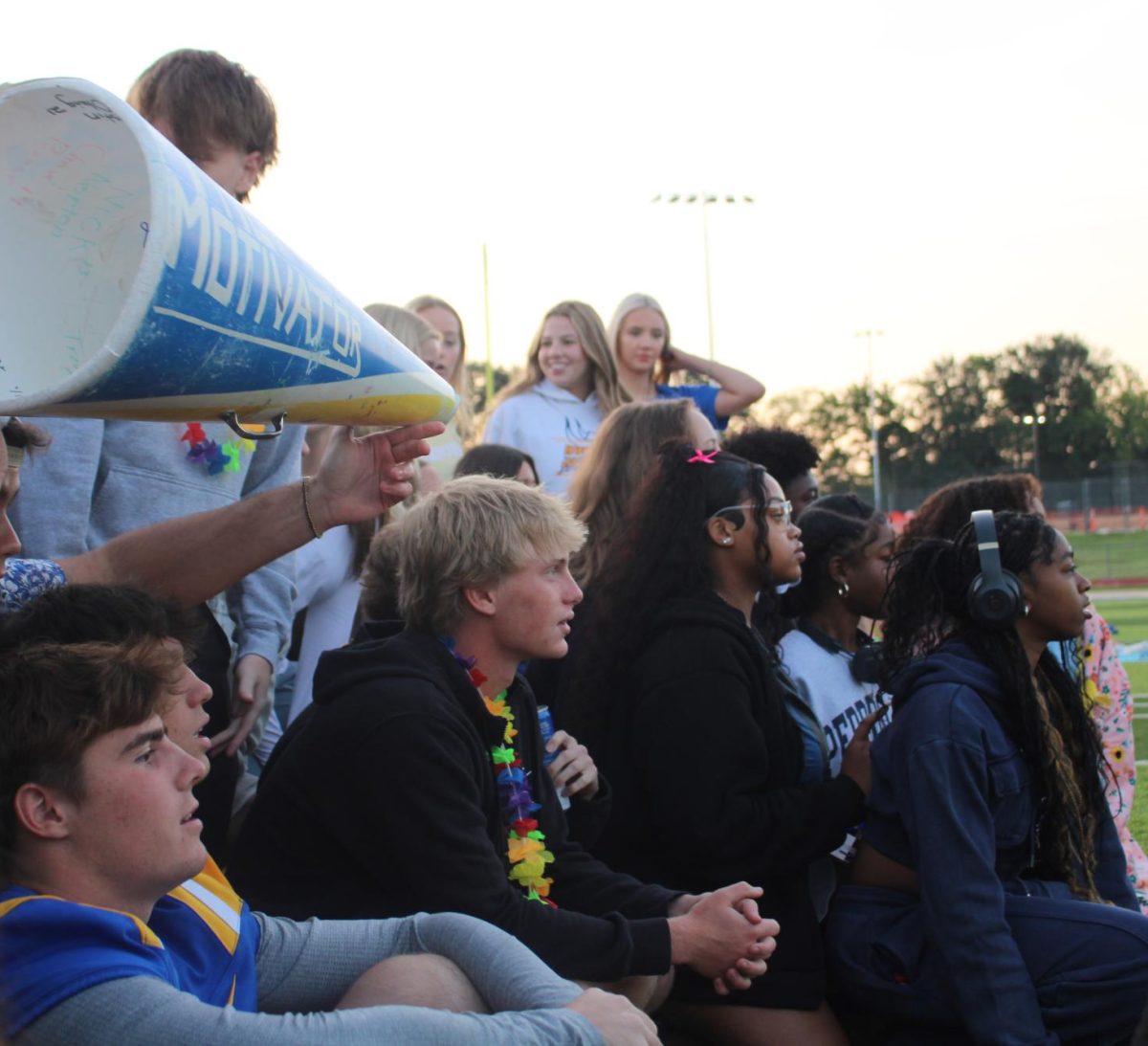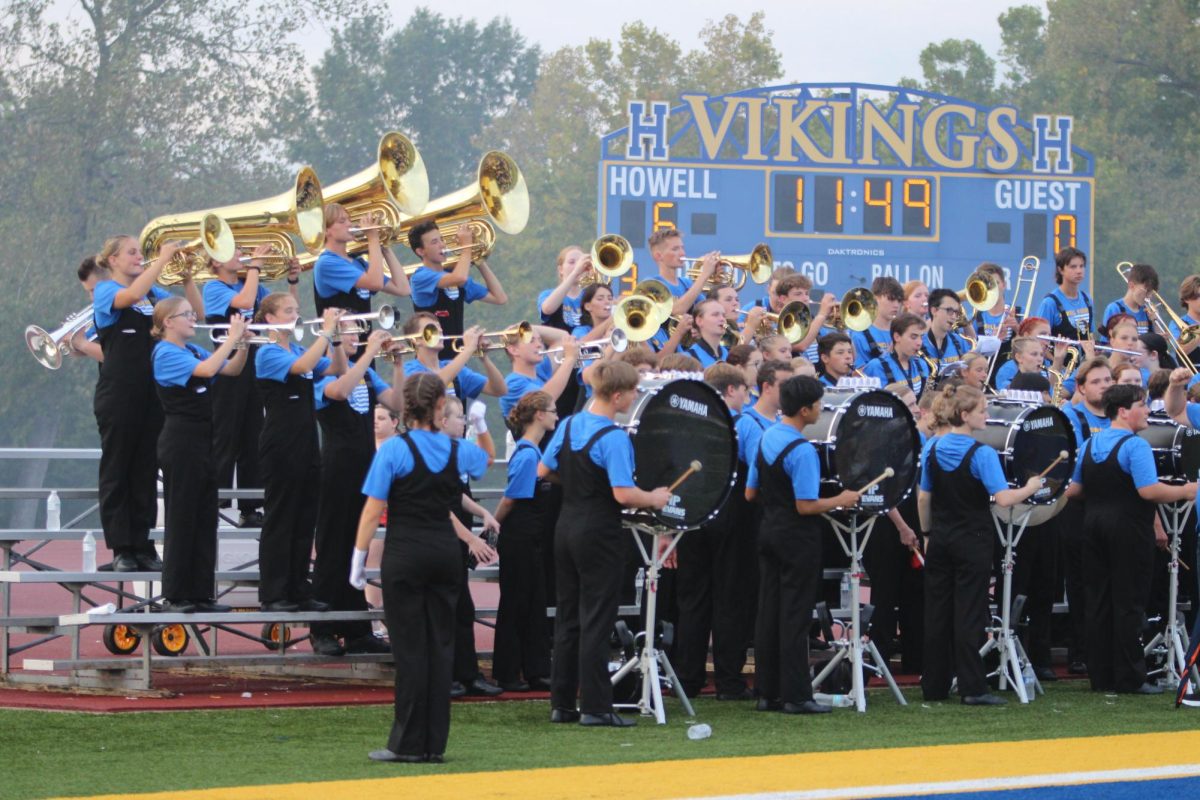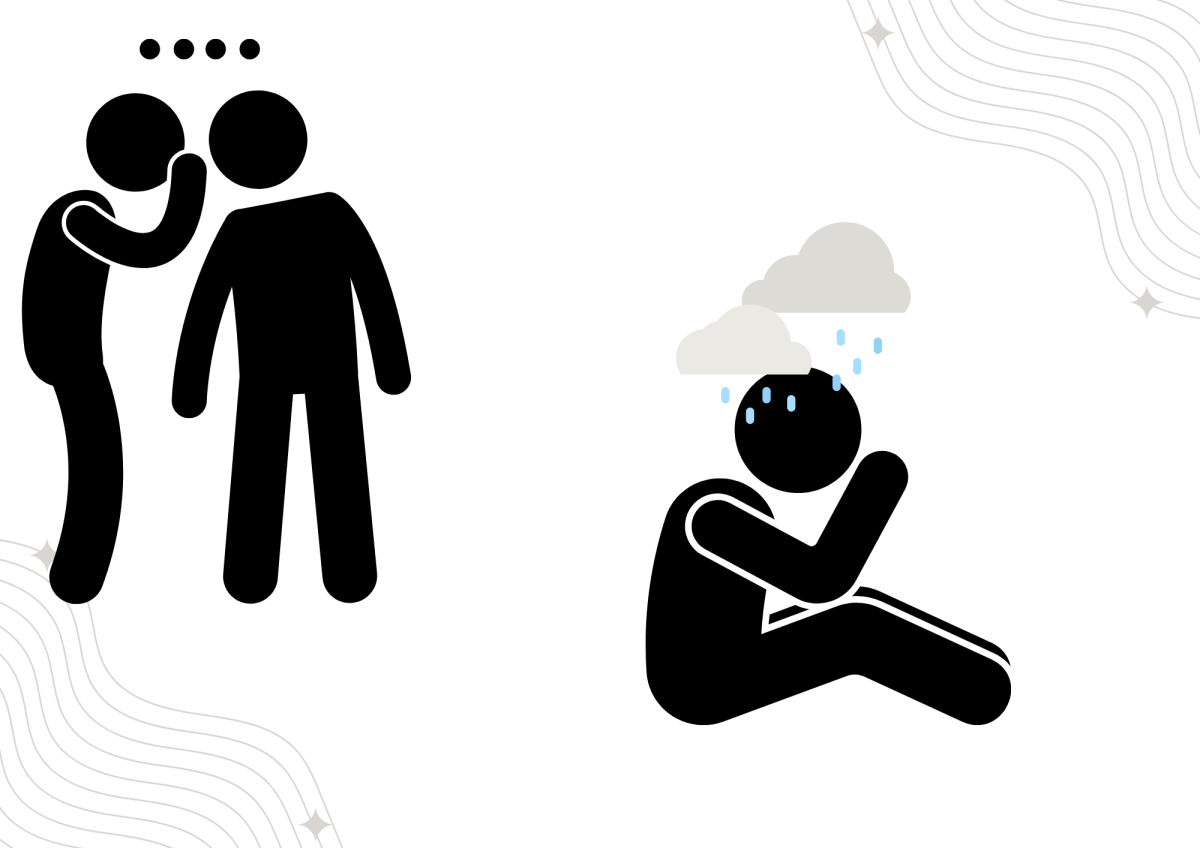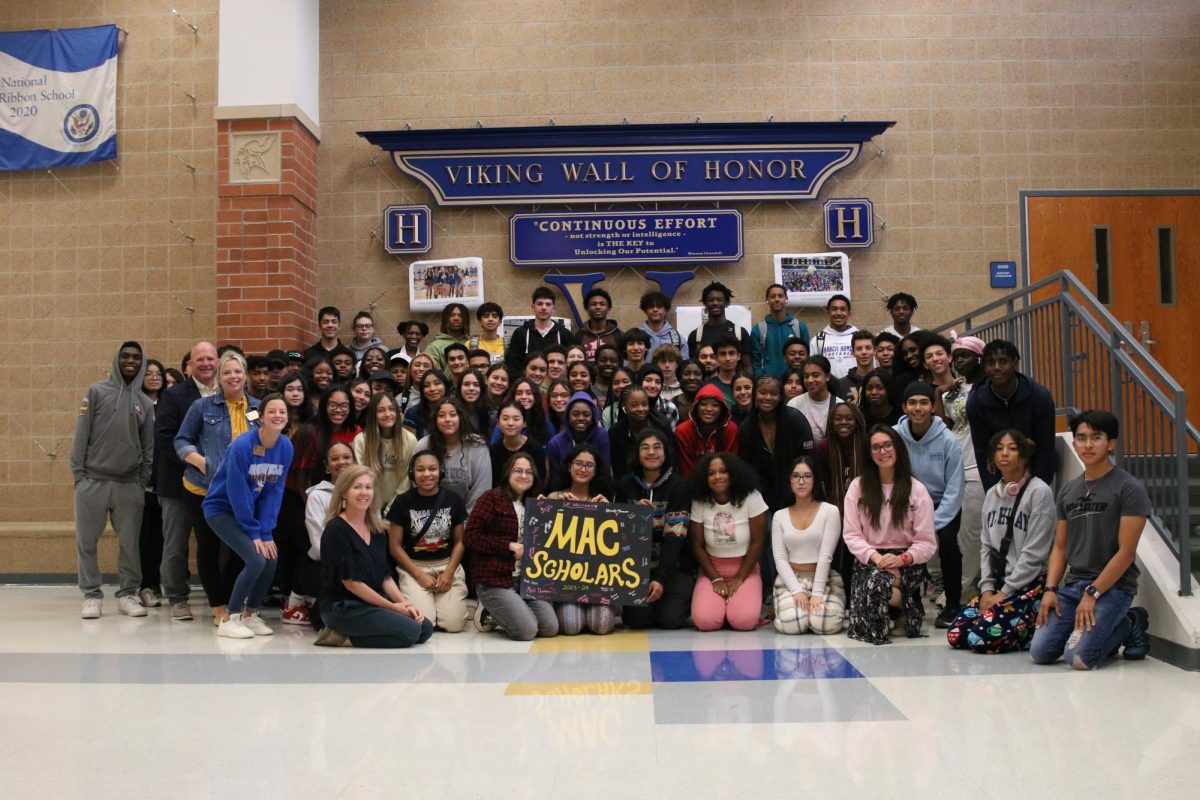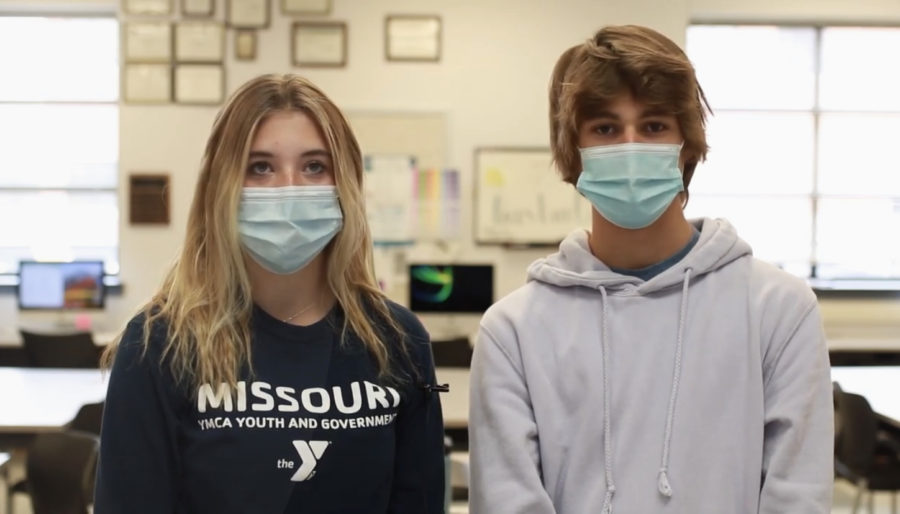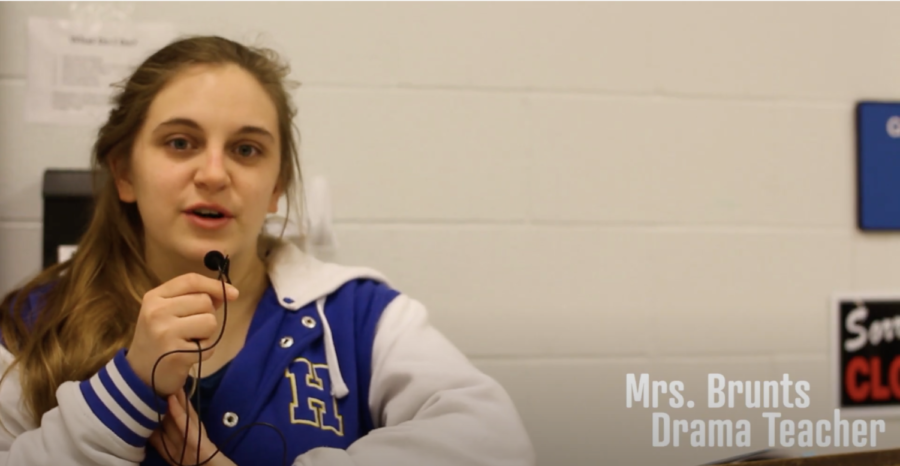Minimum Wage Increase
Missouri has a serious pay problem. Passed on Nov. 6, Proposition B plans to increase minimum wage to $12 an hour by 2023. This is a threat to the nearly four out of 10 students in the workforce.
Proposition B passed with 60% more votes in favor. It was made in hope of promoting economic growth and helping impoverished people. At face value, it will be a lifesaver for the lower class. It will also benefit student laborers holding minimum wage jobs by helping them make some extra money. Those caught in full time, low paying jobs will be blessed.
That is, until they lose their jobs for the company to spare expenses. When California increased its minimum wage in 2017, earnings of the restaurant industry rose but one out of every 10 employees lost their job. As reported in the Washington Post, after increasing Seattle’s minimum wage, employees suffered an average loss of $125 a month.
Paying $8 an hour, a business paying five 9-5 workers would spend $1,600 a week on workers alone. Every dollar added to the wage adds $200 weekly, every additional employee adds $320 weekly. Simply put, the business will have to lay off employees to prevent expenses rising exponentially.
Students are attracted to jobs mainly for pay and experience, neither of which can be achieved when the student works minimal hours at a company that can hardly afford them. Some students need to work to help support a family.
Minimum wage jobs are meant to be a starting point, not a lifetime employment; a worker takes an entry level job to gain experience, and then move on to make room for someone else. Fewer jobs and higher competition means fewer people get to move up in the economy. For the students that work to help their family, this is a threat to their state of living.

